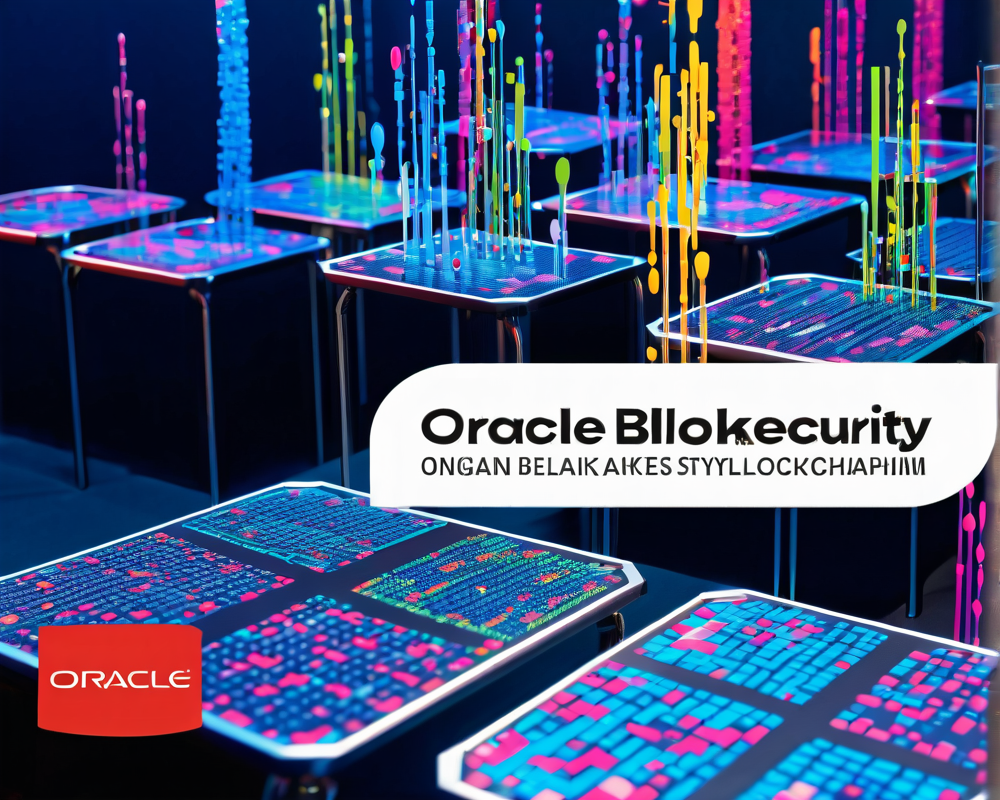Blockchain: More Than Just Bitcoin
Blockchain isn’t just for cryptocurrencies; it’s rapidly becoming a vital component in business operations. With its innate ability to provide trust and transparency, organizations have begun to explore how blockchain can secure sensitive information. Enter Oracle, a tech titan, now introducing its unique take on data protection with a new offering sure to turn some heads.
Introducing Crypto-Secure Data Management
Oracle recently revealed a multidimensional approach to data management that utilizes what they’re calling “blockchain tables” within their converged database system. This is much more than a buzzword; it’s a strategic move to streamline operations for users who don’t necessarily need the full-blown capabilities of traditional blockchain systems. Juan Loaiza, Oracle’s VP of Mission-Critical Database Technologies, claims this solution aims to simplify complexities associated with introducing entirely new tech into existing environments.
Immutable Data Tables: Protecting What Matters
So, how do these mysterious blockchain tables work? Imagine rows of data not just sitting there like lonely passengers on a bus, but being part of an intricate and interconnected web. The magic lies in cryptographic hashes, where each row (save the first) is linked to its predecessor. Ultimately, this creates a chain that’s remarkably resistant to tampering. With timestamps marking data insertion, it’s like a digital fingerprint, ensuring that data is rarely messed with.
Benefits and Real-World Applications
According to Loaiza, these tables are particularly beneficial for organizations needing high tamper-resistance without getting tangled in complex decentralized models. Companies are currently leveraging this system for everything from contact information protection to safeguarding account statements. Think of it as the bouncer at the club keeping out the riffraff — except in this case, the club is your database, and the ‘riffraff’ are malicious hackers or corrupt insiders.
Considerations and Challenges
But just like a superhero with a minus side, blockchain tables come with their vulnerabilities. Experts like Lior Lamesh, CEO of a blockchain security firm, caution that sensitive data should be handled carefully. If the private key lands in the wrong hands, it could spell disaster. Oracle is quick to clarify that they’re not pushing organizations to move from traditional databases to a more decentralized model; instead, they’re incorporating blockchain’s resilience into existing systems.
Time Limits and Data Availability
As enterprises juggle data privacy against the desire for accessibility, questions arise about data longevity: What if you want to delete information? Oracle’s system includes a feature allowing organizations to set time limits on immutability. By default, the data stays forever, but organizations can set a time cap of three months to a year for the information to remain untouched. After that, it can be cleaned up, just like spring cleaning but in data form!
Will This Shape Future Enterprise Blockchain Solutions?
Oracle’s approach seems to dance a different tango compared to more traditional enterprise blockchain solutions that focus on decentralization. This could be the key as we take steps into the evolving world of blockchain applications in enterprises. If Oracle’s system proves effective, we might see companies using blockchain as middleware, thus marking a new era in data management.




